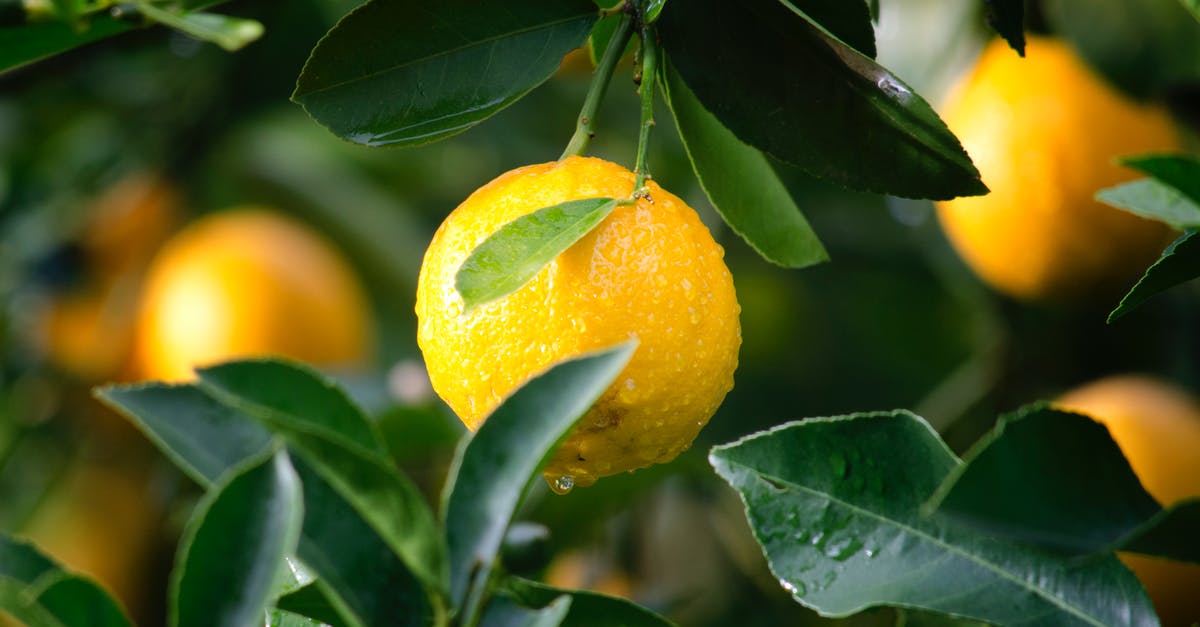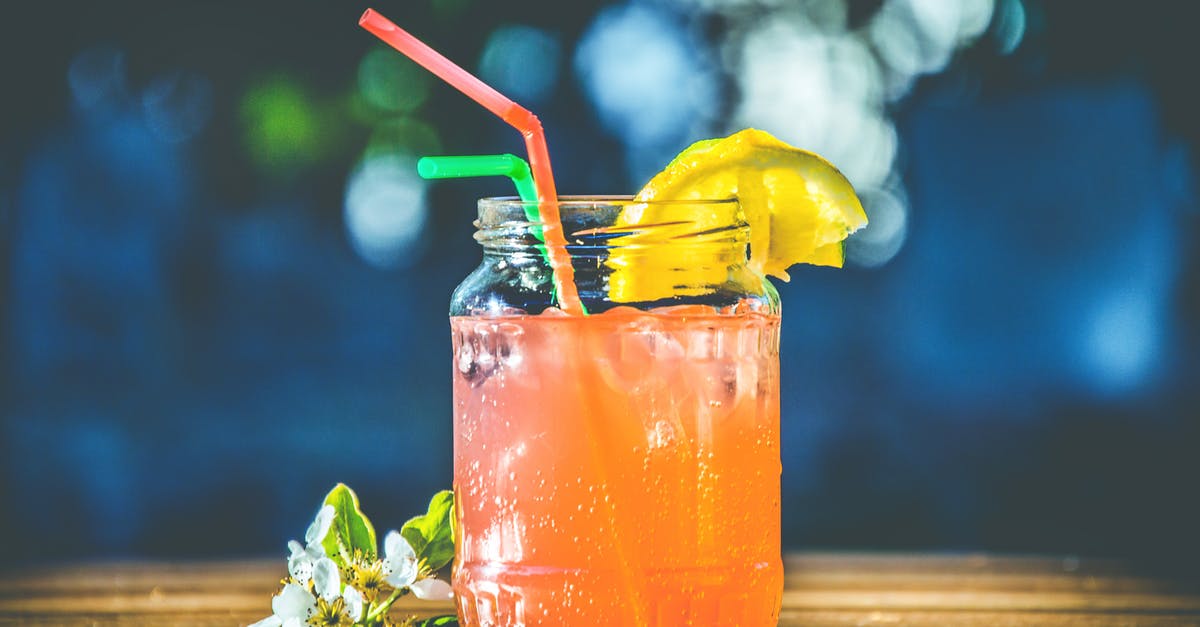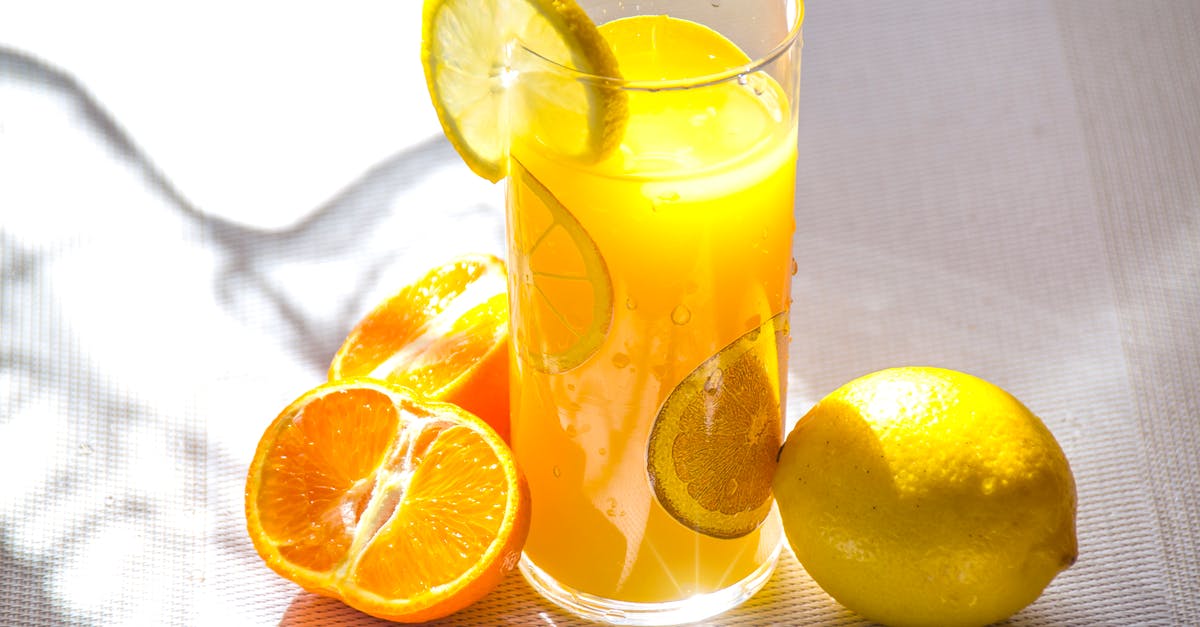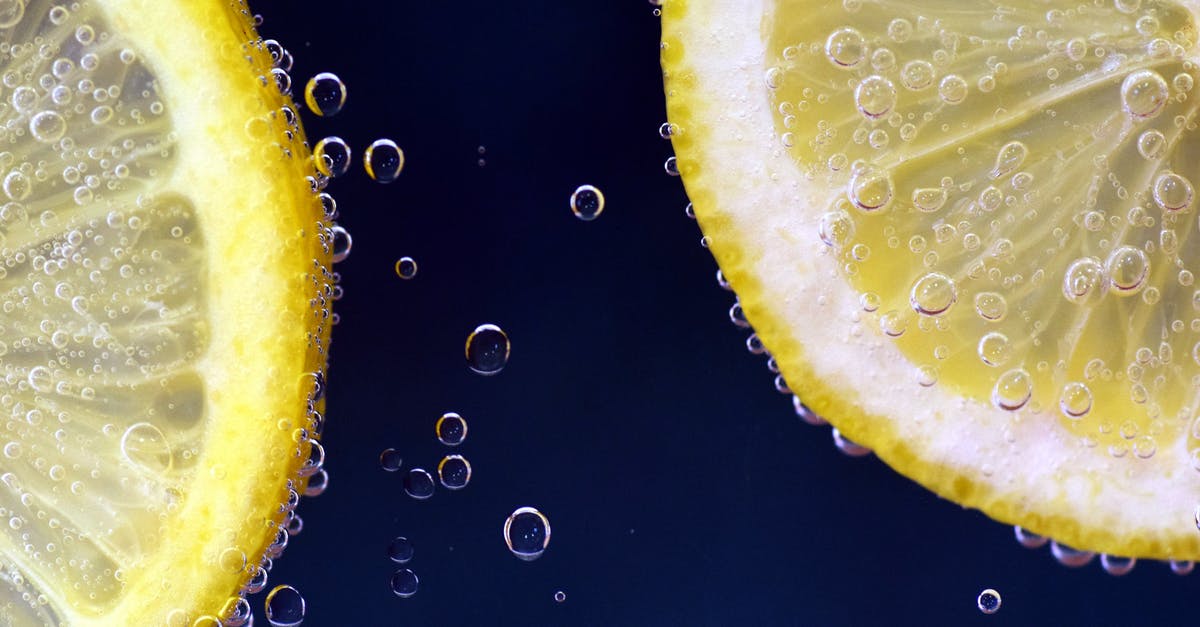Why does lemon juice thicken condensed milk?

Or is it the other way round? For instance when making a cheese cake.
Anyways, the more chemical the explanation, the better!
Best Answer
Lemon juice thickens condensed milk in the same way it would "thicken" regular milk, i.e., by curdling.
Basically, milk has two general types of proteins: casein and whey. The casein is what forms the "curds" in "curds and whey." Both proteins are somewhat unusual in that they don't tend to coagulate with heat (as eggs proteins do, for example). Thus, they will survive largely intact even with the processing of condensed milk.
Harold McGee in On Food and Cooking explains what happens when they encounter acids, though:
The casein family includes four different kinds of proteins that gather together into microscopic family units called micelles. Each casein micelle contains a few thousand individual protein molecules. . . . Around a tenth of the volume of milk is taken up by casein micelles. Much of the calcium in milk is in the micelles, where it acts as a kind of glue holding the protein molecules together. One portion of calcium binds individual protein molecules together into small clusters of 15 to 25. Another portion then helps pull several hundred of the clusters together to form the micelle. . . .
One member of the casein family is especially influential in these gatherings. That is kappa-casein which caps the micelles once they reach a certain size, prevents them from growing larger, and keeps them dispersed and separate. One end of the capping-casein molecule extends from the micelle out into the surrounding liquid, and forms a "hairy layer" with a negative electrical charge that repels other micelles. . . .
If [milk] gets acid enough to approach pH 5.5, the capping-casein's negative charge is neutralized, the micelles no longer repel each other, and they therefore gather in loose clusters. At the same acidity, the calcium glue that holds the micelles together dissolves, the micelles begin to fall apart, and their individual proteins scatter. Beginning around pH 4.7, the scattered casein proteins lose their negative charge, bond to each other again and form a continuous fine network: and the milk solidifies, or curdles.
Thus, if you add lemon juice to regular milk, it will curdle and thicken, just as milk does when it sours naturally or when it is fermented into yogurt, kefir, cultured buttermilk, etc. (which all involve bacteria that acidify the milk). The same process happens if you add acid to condensed milk.
Pictures about "Why does lemon juice thicken condensed milk?"



What makes condensed milk thicken?
Also named as sweetened condensed milk, it is a combination of cow's milk and sugar. Some of the water content of the milk is removed by evaporation. Along with sugar, this evaporation step thickens the milk.Why does lemon thicken milk?
It turns out that when lemon juice is added to milk, the citric acid changes the electrical charge on the dairy's casein proteins, causing them to coagulate tightly into clumps.Why does milk coagulate when lemon juice is added to it?
When lemon juice is added to milk it curdles, a process of coagulation. The pH of milk is 6.8 and that of lemon is 3.5 due to the presence of citric acid. As the pH of the milk drops upon adding lemon, the milk curdles i.e the casein protein molecules attract one another forming curdles.How do you stiffen condensed milk?
How do you thicken sweetened condensed milk? Boil milk and sugar on medium-high heat (stirring continuously) for about 15-20 mins. It will thicken.Mix condensed milk with lemon and you will be surprised by the results. #condensedmilkdesert #yummy
Sources: Stack Exchange - This article follows the attribution requirements of Stack Exchange and is licensed under CC BY-SA 3.0.
Images: Ryan Baker, Lisa, PhotoMIX Company, Pixabay
